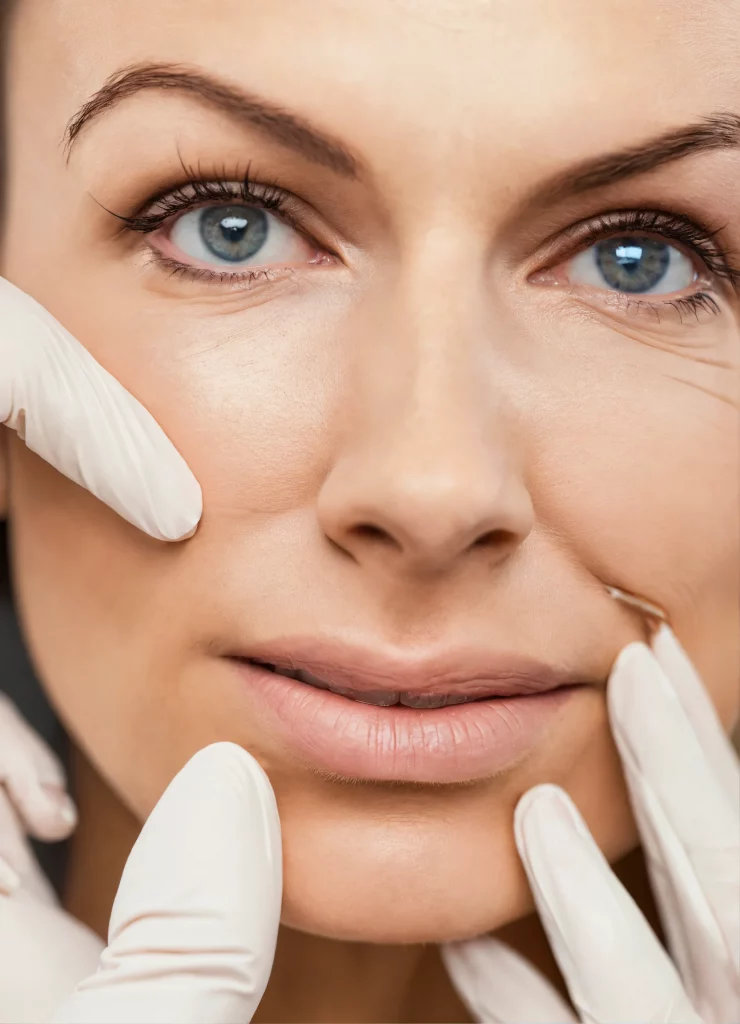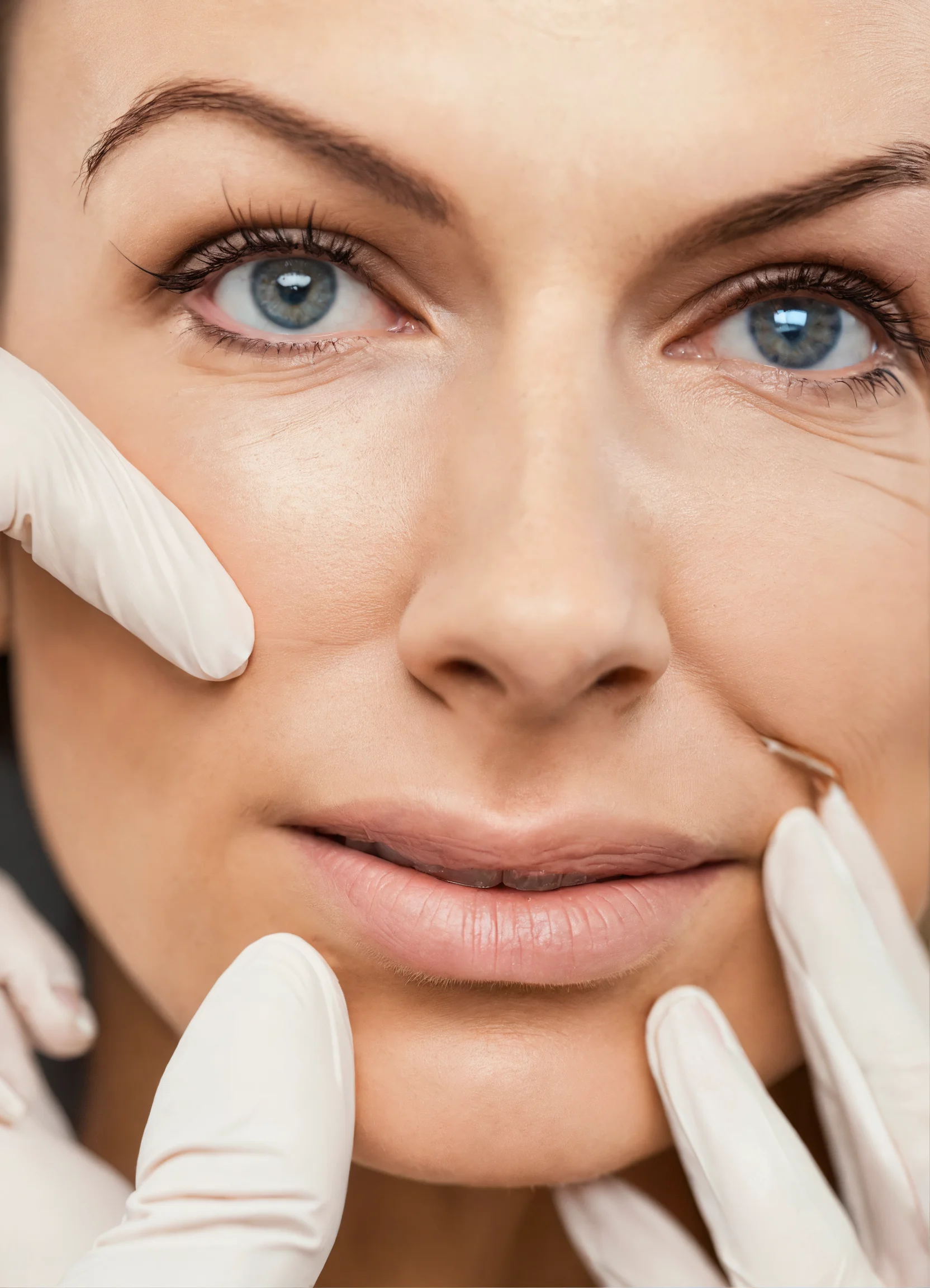PS. Even after rhinoplasty, breast augmentation, and facelifts.
This post was inspired by a friend’s story – she underwent breast augmentation (mammoplasty) and noticed that her facial skin became much oilier than usual in the first few days post-surgery. It was so noticeable that she had to resort to cleansing products with acids, toners with high niacinamide content, or retinol. This isn’t the first time I’ve encountered cases of skin changes following surgical interventions. It most commonly occurs after rhinoplasty or septoplasty – patients remove their bandages only to find not just a new nose but an incredible amount of sebum and possibly inflammations (which were not there before).
Why Does This Happen?

In the case of rhinoplasty, one common reason for increased oiliness is the bandage itself. Patients wear it for several weeks without removing it, leading to clogged pores and impaired sebum drainage. Anesthesia, pharmacological drugs used during surgery, antiseptics for disinfecting hands and instruments – all these factors can also have an impact.
Regarding mammoplasty, it’s important to remember that any surgical intervention is a significant stress for the body. Our body responds to stress by increasing the amount of stress hormones (particularly cortisol, which regulates many processes in the body – from metabolism to immune response), exciting the sympathetic nervous system, and boosting the production of neuropeptides and neurotransmitters. This “response” often leads to flare-ups: acne, eczema, psoriasis, or rosacea can worsen, and new rashes can appear. Some doctors also use corticosteroid injections during operations to reduce swelling and hematomas – another reason your sebaceous glands might go into overdrive.
What to Do
Listen to your doctor. “No matter what, you need to stop using cosmeceuticals or topical medicines for three days after any procedure,” says Ellen Marmur, MD, chief of the Division of Dermatologic & Cosmetic Surgery at the Mount Sinai Medical Center. Afterwards, try to use hypoallergenic, fragrance-free products, avoid washing with soap, and be vigilant about sun protection. For the first few days after the procedure, it’s best to avoid direct sunlight. If you go outside, choose a sunscreen that blocks both UVA and UVB rays. An SPF of 30 is sufficient.


Leave a Reply